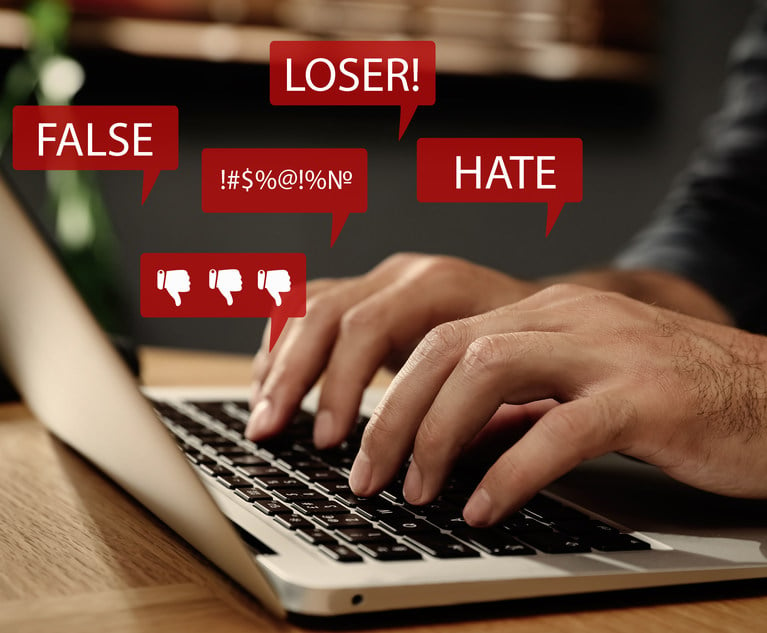While many things have changed over the last few years of pandemic disruptions, one unfortunate constant has been the prevalence of toxic online content and persistent online harassment. Reports by the Pew Research Center and the Anti-Defamation League based on surveys completed in late 2020 and early 2021 found that over 40% of Americans had experienced online harassment, with 25% or more experiencing severe forms of harassment, including physical threats, stalking, or the publishing of their personal information online without consent, known as “doxxing.”
Individuals can find themselves engulfed in online hostility for a host of reasons, simply because of who they are, what they do, or who employs them. Even worse, they can become targets because of lies – distortions and false narratives that ricochet around the internet and social media, seemingly immune to refutation, powered by anonymous networks and adverse influencers.
This content has been archived. It is available through our partners, LexisNexis® and Bloomberg Law.
To view this content, please continue to their sites.
Not a Lexis Subscriber?
Subscribe Now
Not a Bloomberg Law Subscriber?
Subscribe Now
LexisNexis® and Bloomberg Law are third party online distributors of the broad collection of current and archived versions of ALM's legal news publications. LexisNexis® and Bloomberg Law customers are able to access and use ALM's content, including content from the National Law Journal, The American Lawyer, Legaltech News, The New York Law Journal, and Corporate Counsel, as well as other sources of legal information.
For questions call 1-877-256-2472 or contact us at [email protected]


 Credit: Olga Yastremska/New Africa/Adobe Stock
Credit: Olga Yastremska/New Africa/Adobe Stock







